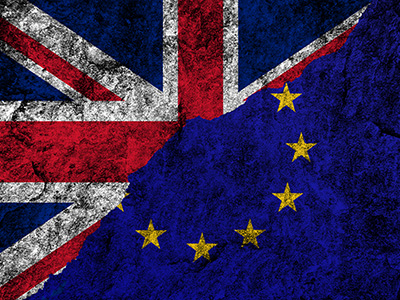Intellectual property owners may seek to protect certain information either by obtaining a patent or by maintaining its secrecy. A patent provides strong, exclusive rights for a fixed period of time, generally twenty years. A trade secret may last indefinitely but protection can be lost through independent development, reverse engineering, or failure to maintain secrecy. (We previously published a chart comparing the features of patents and trade secrets.) This article discusses those instances when trade secret protection may be superior to patent protection. READ MORE
Trade Secrets v. Patents: Considerations in Choosing How to Protect Your IP











